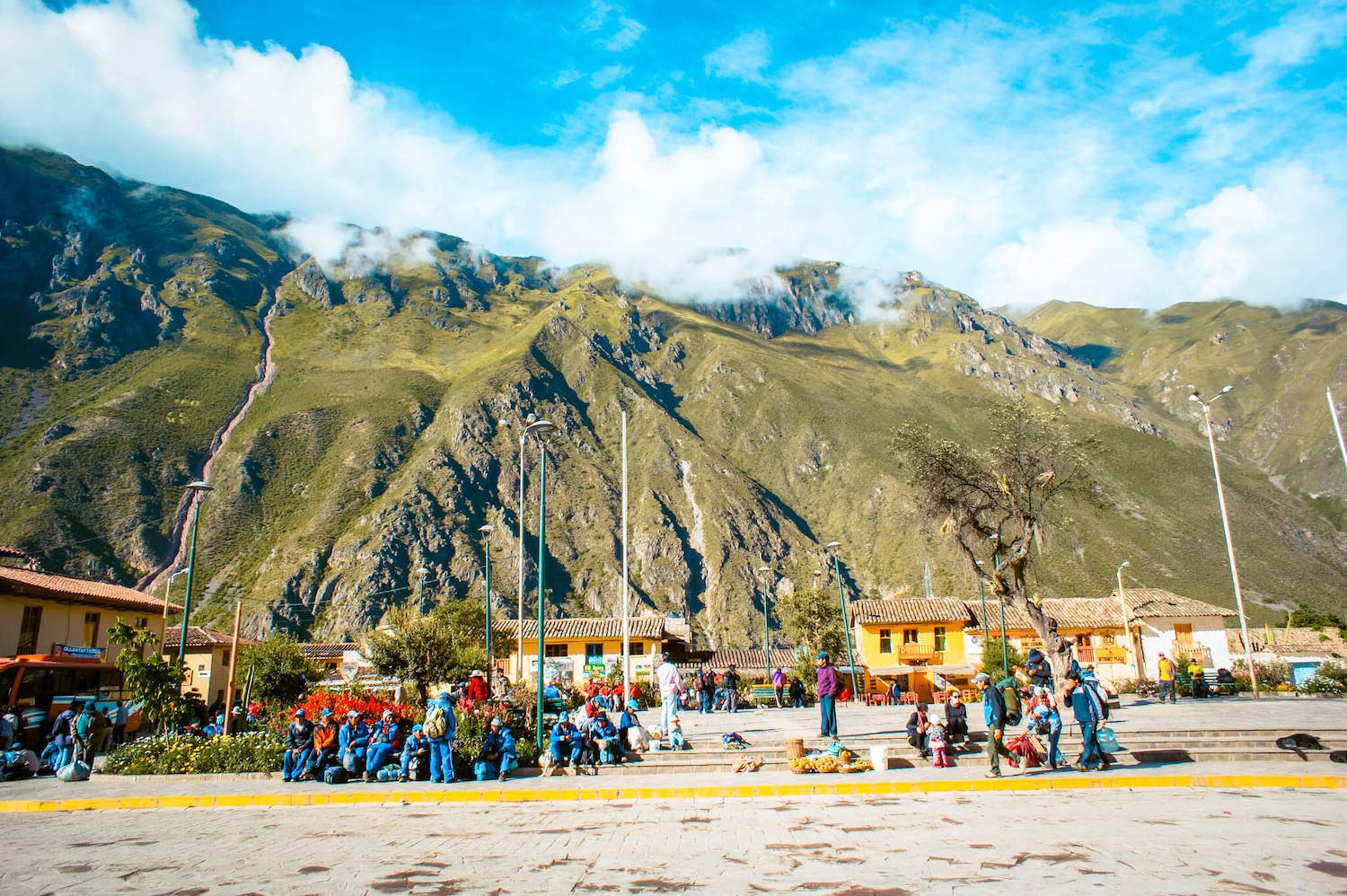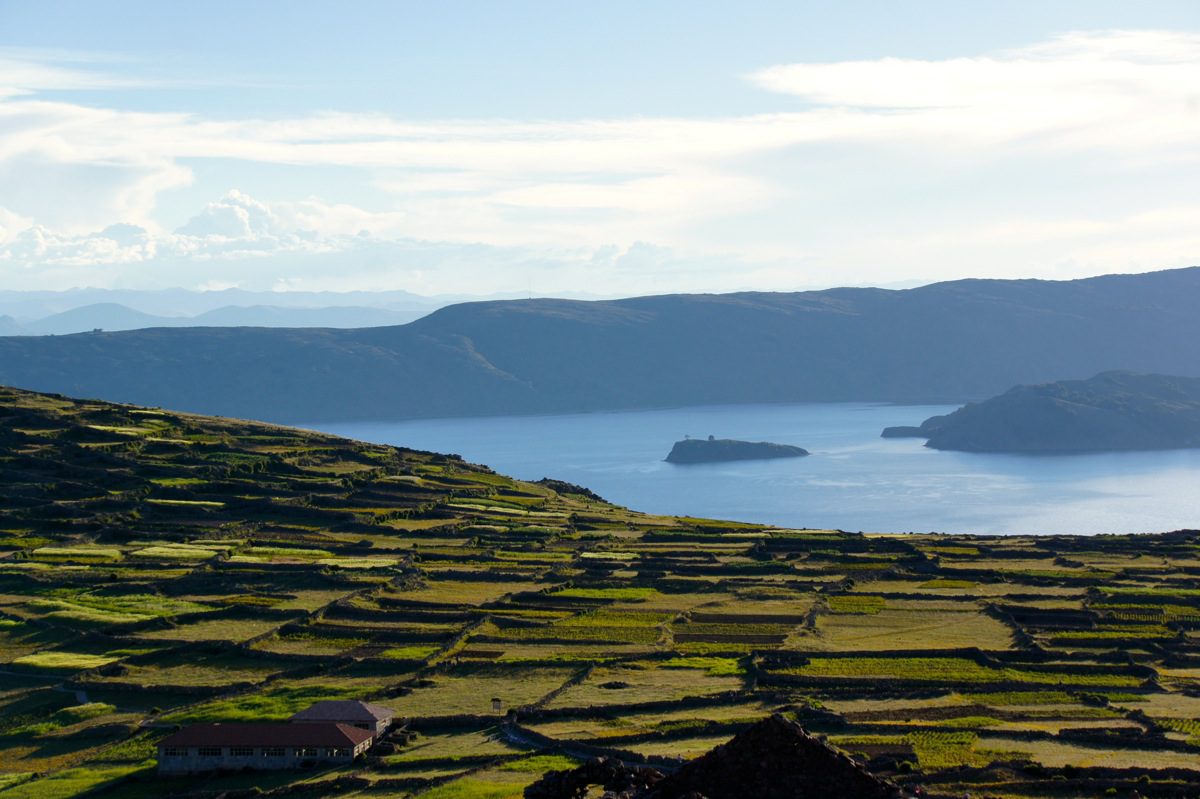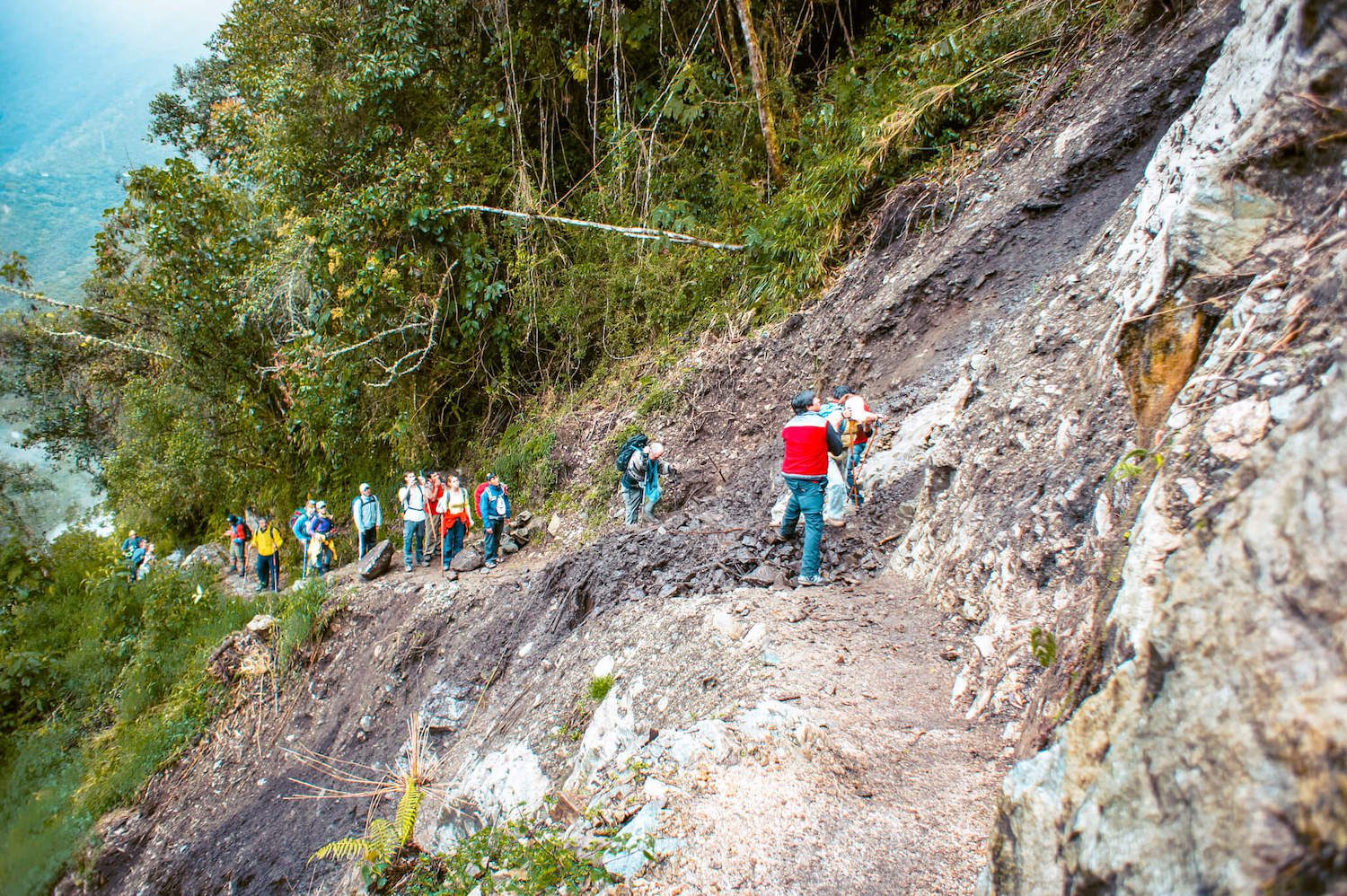The Floralis Generica is a giant steel flower that's alive
You won't regret a visit to La Recoleta Cemetery in Buenos Aires.
I'm just 200 metres from the peak of Dead Woman's Pass, but it might as well be 2000
Our homestay on Amantani Island provided a very small taste of real life on Lake Titicaca - the highest navigable lake in the world!
Trekking the Inca Trail in rainy season is a challenge. Here are 7 tips to make those 42-km a total success.






